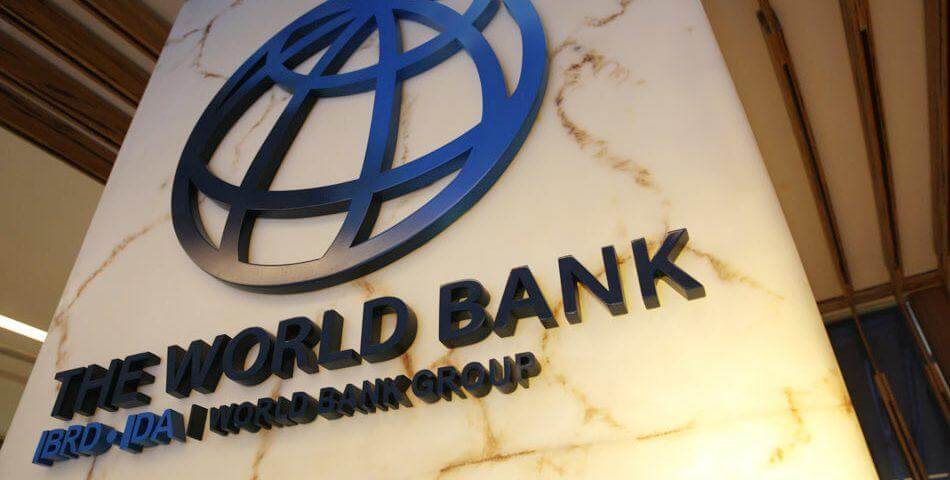The World Bank Group (WB) has said that the social investment programmes of the President Muhammadu Buhari administration have had minimal impact in bringing the about 74 million poor Nigerians out of poverty.
The WB stated this in a report titled ‘Advancing social protection in a dynamic Nigeria’ published on 28 January 2020.
Advertisement
The report described the effort made by the federal government to combat poverty and inequality in the country as lacking clearly defined roles for stakeholders and narrowing the focus of the project.
According to the report: “Despite existence of many programs that are classified under social protection, their overall coverage and effect on welfare is either minimal or unknown.”
“The limiting factors of social protection intervention impacts include high fragmentation, narrow fiscal space, lack of clearly defined roles for participating stakeholders, and narrow focus in terms of risks and targeted groups. Social protection programs are still largely public sector driven.”
The WB report disclosed that more than 1.5 million Nigerians have benefited from the intervention projects which are based on poverty alleviation, but more needed to be done to significantly reduce poverty.
Advertisement
Among the National Social Investment Program (NSIP) launched by the Buhari led administration are: Government Enterprise and Empowerment Programs (GEEP) Trader Moni which has 1,102, 793 beneficiaries; Market Moni (330,568); Farmer Moni (1,172); National Cash Transfer; Npower Volunteer (500,000); and Npower Build and Mechanics with 20,000 beneficiaries.
The WB bank also stressed that Nigeria needs to create 40-50 million jobs before 2030 in order to curb the rising employment rate, adding that post economic recession strategies adopted by the FG were not adequate to alleviate poverty.
“Nigeria needs to create another 40 to 50 million jobs by 2030 to create employment to population ratio at current levels.”
“Despite benefitting from economic and political reforms in the past decade that resulted in relatively high and stable economic growth until the recent recession, those reforms did not manage to reduce poverty levels sufficiently, largely due to lack of diversification of the sources of labor income for most of its population.”
The world economic body also stated that poverty in the country is concentrated in the Northern region which has produced the most leaders in the history of the country.
Advertisement
It added further that the North West accounted for 87% of poverty rate in the country.
The North West has produced three presidents for the country namely, Umaru Musa Yar’ Adua, Shehu Shagari and the incumbent, Buhari.



